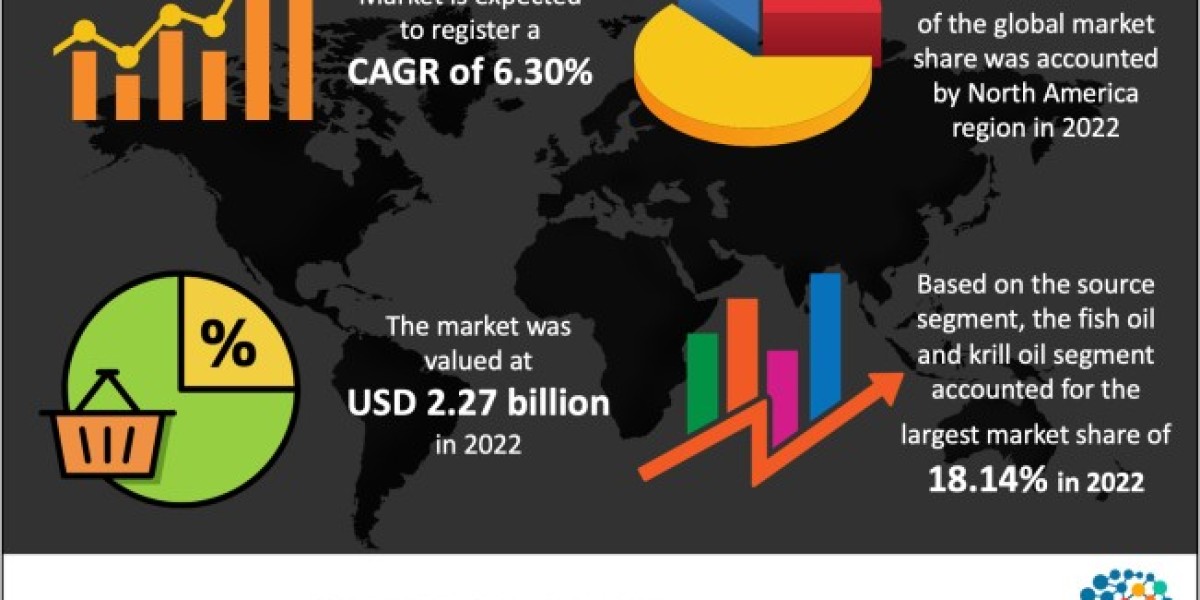Best Practices to Promote the Security of Fintech Apps
In todays digital landscape, financial technology (fintech) has revolutionized how we manage all our finances with the convenience of helping customers address their financial challenges and make better progress toward their financial objectives. At the present time, people are relying more on fintech for various purposes- from mobile banking to keeping track of their money- and all the basic banking necessities.
The need to visit banks has been reduced due to numerous fintech apps. Bill payments, money transfers, savings and investments all have shifted to the digital level and in no time, with a few taps, customers can fulfill all their banking needs.
When there are benefits of fintech apps, how can they not have any drawbacks? As fintech is progressively growing, hackers are developing advanced ways to jeopardize sensitive data and execute cyber frauds. However, prioritizing security is crucial to ensure the clients financial information is safe and sound. In this blog post, well explore the best practices that can safeguard users information and promote the security of fintech apps.
What is FinTech?
Fintech (shortened combination of financial technology) generally describes new technology that seeks to enhance and automate the delivery and usage of financial services. At this core, the purpose of fintech is to assist organizations, entrepreneurs and customers in better managing all their financial operations, progress and lives. The blend of financial and technology comprises particular software and algorithms commonly used on computers and smartphones to make financial transactions easier.
The Importance of Fintech App Security
Financial services organizations deal with highly sensitive and personal business data. Hence, privacy protection and cybersecurity for fintech apps are significant concerns. According to areport, fintech has become one of the biggest cyber-attack targets. Anotherresearchsays 98 percent of global fintech startups are vulnerable to major cyber threats. In such cases, security cant be compromised.
To ensure the security of fintech apps, it is crucial to stay alert and guard your software at all times. In order to overcome the following challenges, building a secure fintech app is critical.
- Malware attacks
- Systems vulnerabilities that hackers can use to access sensitive data
- Digital identities
- Data ownership controls who can access, create, modify and remove data
- Cloud migration can make it difficult to manage and protect data
It is essential to keep up with the latest and most recent security developments and have preventive measures in place to safeguard fintech apps in order to counter these risks.
Best Practices to Promote the Security to Fintech Apps
First and foremost, it is important to start a plan and clearly understand how to protect confidential details. Here are the critical practices for acustom app design and development companyto follow:
Implementing Robust Authentication Mechanisms
Fintech apps must incorporate robust authentication mechanisms such as biometric authentication and two-factor authentication (2FA). These are the line of defense against unauthorized access. These measures add an extra level of security by requiring users additional verification factors or utilizing their unique biological characteristics for authentication. Additionally, encouraging password management best practices, such as using strong and unique passwords, can further improve the level of security.
Secure Data Storage and Transmission
The security of data plays a vital role in fintech apps. Encryption should be utilized to secure data at rest and in transit. This will make sure that even if data is intercepted or compromised, it will remain unusable and unreadable to unauthorized users. Moreover, fintech apps should also adopt secure protocols for data transmission, such as HTTPS, as well as secure data backup and recovery processes to prevent data loss. Furthermore, secure data storage is essential for organizations that protect against viruses and other data corruption threats.
Regular Security Audits and Testing
To identify the weaknesses and vulnerabilities in fintech apps, it is essential to have frequent security audits and testing. Thanks to the testing stage, you will be able to know the flaws of the application prior to making any new updates or launching it onto the market. By doing so, you can address potential security errors promptly. These measures can significantly minimize the risk of exploitation by threat actors and enhance the applications security posture.
User Education and Awareness
The security of financial apps is maintained in large part by users. Its essential to inform them of security best practices. Additionally, fintech companies have to provide customers clear, concise instructions on safeguarding their accounts, encouraging the use of secure passwords and spreading knowledge about potential fraud and scams. Furthermore, users can actively participate in securing their financial information by equipping them with knowledge.
Take Additional Security Measures
It's a good idea to use a VPN to create an encrypted link in order to better protect application users on-site. All of this is advised because unregistered devices provide a serious security risk; access should be refused to them and they should be banned using a system firewall, antivirus software, or other software. Taking extra precautions can be the only way out because it is not worth taking chances, whether employing a landline or a mobile device.
Monitoring and Incident Response
Implementing real-time monitoring tools will help you identify any unusual activity or irregularities in financial apps. This makes it possible to act immediately in the case of a security compromise. Creating a plan for responding to incidents also guarantees that the business has a well-organized strategy for dealing with and minimizing security occurrences. Regular software updates and patches are also helpful in preventing the misuse of known vulnerabilities.
Compliance and Regulatory Considerations
The Payment Card Industry Data Security Standard (PCI-DSS) and the General Data Protection Regulation (GDPR) are two examples of the rules and compliance standards that apply to fintech apps. In addition to being required by law, compliance with these rules serves as vital for protecting user data privacy and security. Financial technology companies can maintain compliance and the trust of their users by putting in place a strong compliance framework which includes data protection and privacy policies, frequent compliance audits and employee training on regulatory obligations.
Conclusion
While fraudsters are becoming cleverer, developing a robust and secure fintech app isnt a piece of cake. Software developers must utilize these practices, as mentioned earlier, to promote financial technologys security. Our skilled team of developers at Cmolds, the best app design company, is great at providing top-notch services that protect sensitive data. The more secure your app is, the better protection of users sensitive data and the more possibility of downloading your fintech app. This is evident in the case of financial apps and banking applications and is extremely crucial to meet the clients' requirements.








